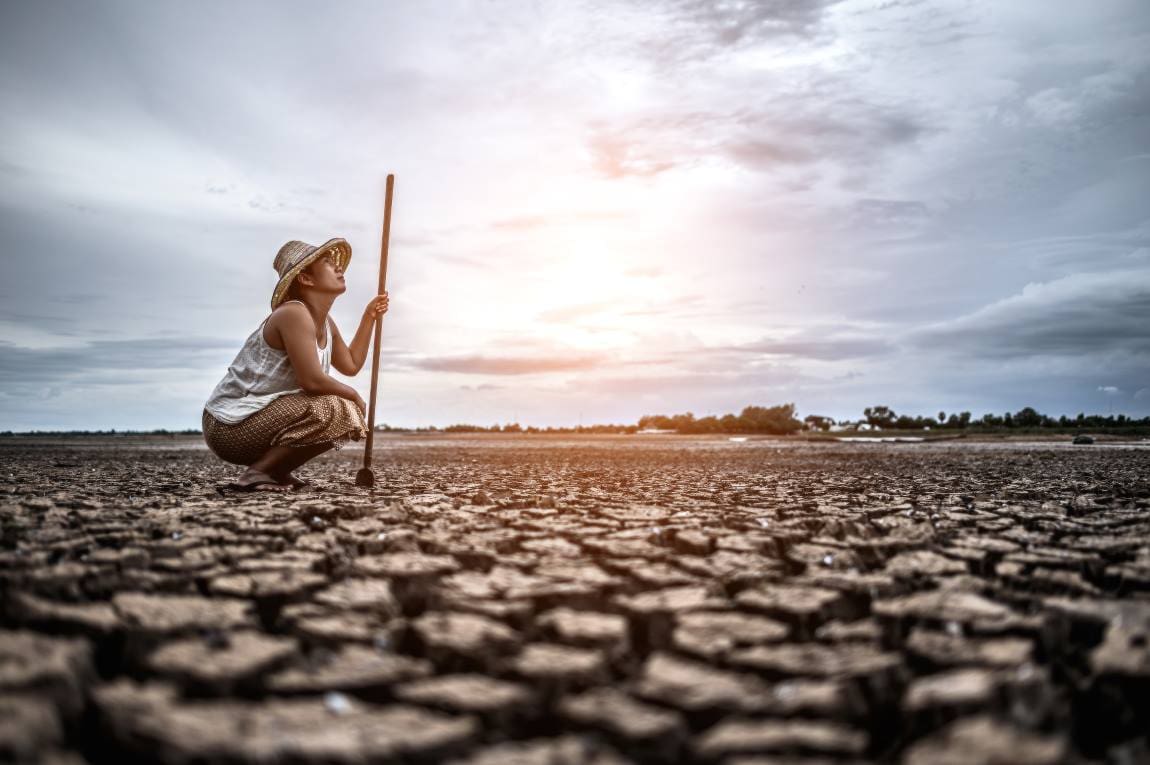A growing body of research reveals that climate change and economic inequality are deeply intertwined, with each issue exacerbating the other if left unaddressed.
A recent study published in Nature Climate Change offers new insights, providing evidence that climate policies aligned with the Paris Agreement not only tackle environmental challenges but can also mitigate long-term economic inequality.
The study, led by Johannes Emmerling, a Senior Scientist at the Euro-Mediterranean Center on Climate Change (CMCC), leverages data from eight large-scale Integrated Assessment Models (IAMs). These models evaluate the effects of climate policies and climate risks on inequality. The research finds that, if current trends continue, climate change could significantly widen inequality within countries, with the Gini index – a measure of economic inequality – projected to increase by an average of 1.4 points by 2100.
However, the study also highlights a potential solution: ambitious climate policies, such as carbon pricing, can counter this trend. When carbon revenues are redistributed equally among citizens, the economic burden of these policies is lessened, particularly for lower-income households. In fact, the study shows that such a redistribution mechanism could lower the Gini index by nearly two points, thereby reducing inequality while helping to curb climate change.
“This research demonstrates that with careful policy design, we can address both climate change and economic inequality – two of the most pressing challenges of our time,” said Emmerling. He emphasized the dual benefit of redistributing carbon revenues: providing immediate economic relief to lower-income households while guiding global efforts toward climate stability. For policymakers, this approach offers a roadmap for more equitable and politically feasible climate action.
The findings underscore that, while climate policies might initially lead to a short-term rise in inequality, a well-crafted redistribution strategy can reverse this trend. The multi-model comparison conducted in the study serves as a strong argument for pursuing climate action that prioritizes social justice alongside environmental sustainability.
Massimo Tavoni, another author of the study and director of the European Institute on Economics and the Environment at CMCC, highlighted the broader implications. “This research highlights the need and the possibility to align climate safety and climate justice,” Tavoni said. “This is a research topic of high importance for our institute, and this international collaboration is a testament to the capacity of community research to inform high-stakes issues.”
As countries around the world seek to meet their climate targets, the study’s findings are particularly timely. Policymakers must navigate the delicate balance of meeting environmental goals without worsening social disparities. The research emphasizes that smart, equitable policy design can ensure that the benefits of climate action are shared across society, reducing inequality and creating a more sustainable future for all.
Journal Reference:
Emmerling, J., Andreoni, P., Charalampidis, I., Tavoni, M., et al. ‘A multi-model assessment of inequality and climate change’, Nature Climate Change (2024). DOI: 10.1038/s41558-024-02151-7
Article Source:
Press Release/Material by CMCC Foundation – Euro-Mediterranean Center on Climate Change
Featured image credit: jcomp | Freepik




